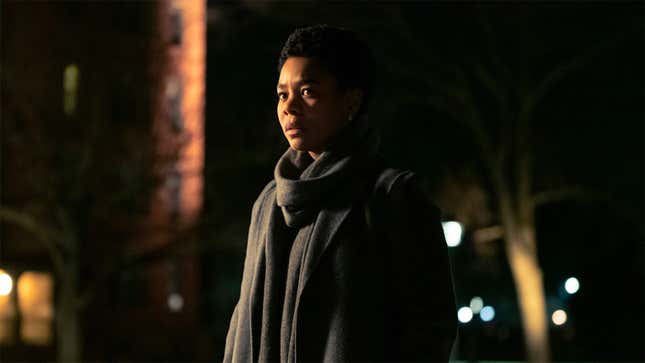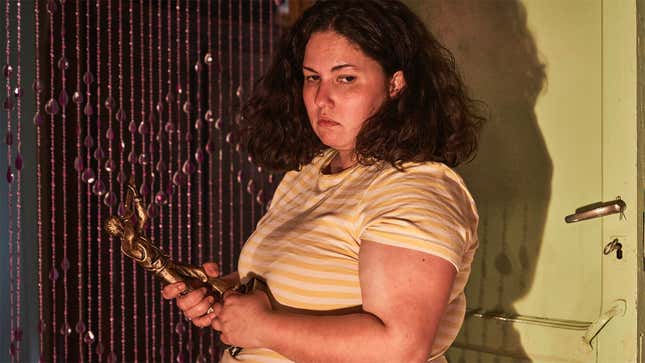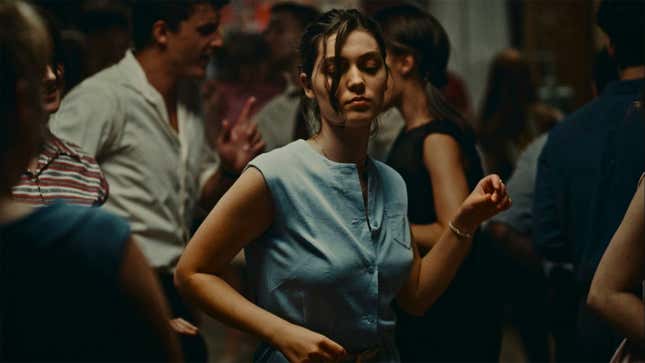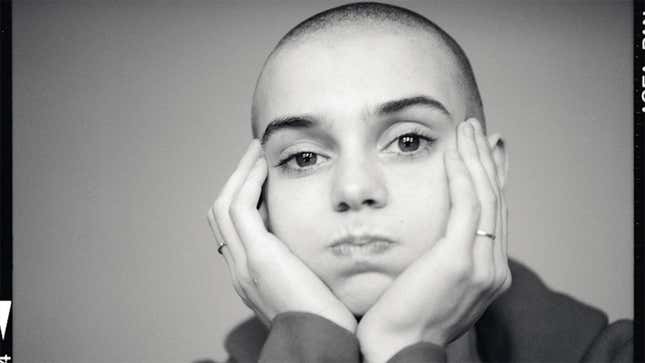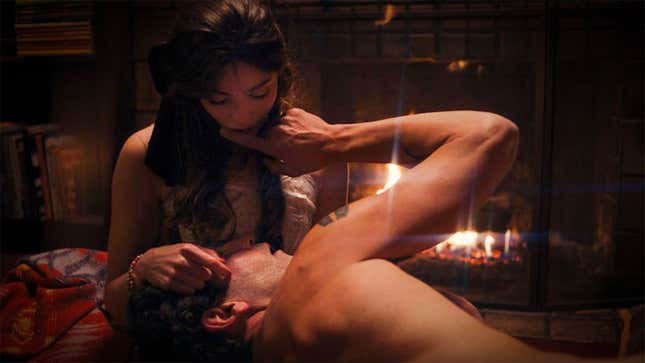Abortion, Witches, and a Pop Star Who Torpedoed Her Career: Highlights of Sundance 2022
Goran Stolevski's You Won't Be Alone and Audrey Diwan's Happening shined at this year's virtual fest.
EntertainmentMovies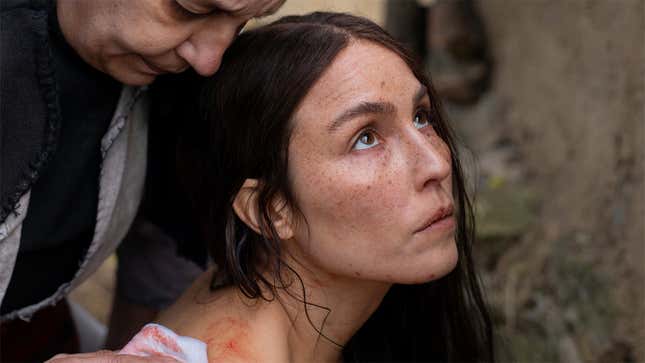

For the second year in a row, the Sundance Film Festival offered its slate virtually, which made it extremely convenient to inhale a slew of upcoming movies in the comfort of one’s home.
This year’s festival saw Evan Rachel Wood detailing her allegations of abuse by her ex Marilyn Manson with a new specificity via a documentary that’s soon coming to HBO. Apple snapped up the comedy Cha Cha Real Smooth for $15 million. There was a rather pronounced emphasis on women filmmakers, and an ensuing large number of movies focused on abortion (Happening, The Janes, and Call Jane). Some of the most attention-grabbing selections this year were genre movies, specifically horror. My favorite thing I saw, You Won’t Be Alone, roughly belongs in that category, though it just as often defies categorization. A review of that and a few more highlights from this year’s fest are below.
You Won’t Be Alone
This movie is so special. Set in 19th century Macedonia, the fairy tale-cum-social philosophy concerns a young girl who, as a result of a witch’s curse, is raised in a cave and then claimed by the witch when she’s 16. She has the same power to shape-shift as her captor—she does this by stuffing the entrails of those she wants to become into a port in her chest. As she body-hops, she learns through socialization what it means to be a woman, a man, a young girl. The years she spent removed from society give her a blank slate for the adulthood she assumes, and a strange inner dialogue as she narrates her experiences. (Finally, a movie that dares to ask: “Me, am I devils?”) As she experiences life in different bodies, her existential musings become more profound, and the movie tracks her development via a structure similar to that of the novels The Color Purple by Alice Walker and Push by Sapphire.You Won’t Be Alone is Australian-Macedonian writer-director Goran Stolevski’s debut feature, and that he created something so stunning his first time out is its own kind of stunning. Think Orlando meets Malick meets Nell meets Kate Bush and you’re in the general vicinity. The elements of Stolevski’s potion are distinct, but the brew is all his own—to call this horror would be to sell it short, only because the movie shape-shifts from moments to moment, alongside its protagonist.
-

-

-

-

-

-

-

-

-

-

-

-

-

-

-

-

-

-

-

-

-

-

-

-

-

-

-

-

-

-

-

-

-

-

-

-

-

-

-

-

